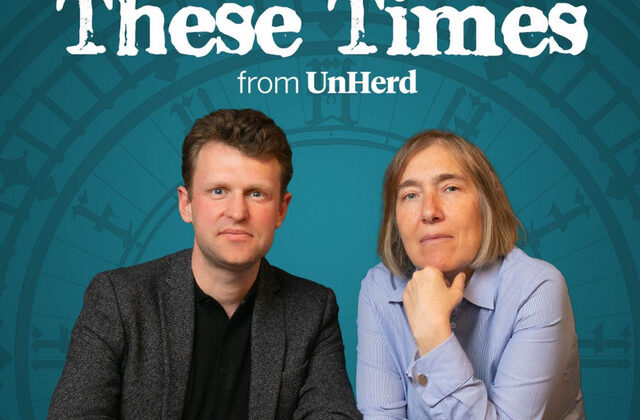
In this episode of *MidAtlantic*, host Roifield Brown, joined by panelists from both sides of the Atlantic, unpacks the political reverberations of the 2024 U.S. Presidential election and shifts in British...
Podcast: Play in new window | Download
In this episode of *MidAtlantic*, host Roifield Brown, joined by panelists from both sides of the Atlantic, unpacks the political reverberations of the 2024 U.S. Presidential election and shifts in British leadership. From the Democratic Party’s introspection post-Kamala Harris’s defeat to the implications of Donald Trump’s cabinet picks, the discussion spans populist movements, neoliberal woes, and institutional complacency.
**Kamala Harris’s Loss and Democratic Strategy**
The panel critiques the Democratic Party’s messaging failures, particularly its over-reliance on identity politics while neglecting the economic pain felt by working-class voters. Aram Fischer highlights the party’s inability to address economic discontent effectively, allowing Trump’s simplistic blame-game narratives to resonate more powerfully with voters. Michael Donahue underscores the challenge of combating right-wing populism in a political system dominated by neoliberal inertia and financial inequities.
**Trump’s Cabinet: A Show of Loyalty or Competence?**
Donald Trump’s controversial appointments, including vaccine skeptic RFK Jr. and loyalists like Matt Gaetz, reflect his disdain for institutional norms and his consolidation of personal power. The panel speculates on the potential for internal Republican politics to shape national policy, while noting the absence of checks on Trump’s authority in this administration.
**Across the Pond: Keir Starmer vs. Kemi Badenoch**
In the UK, Prime Minister Keir Starmer’s early tenure as a “boring but competent” leader is juxtaposed with Kemi Badenoch’s shaky start as Leader of the Opposition. While Starmer’s steadiness may benefit Labour in the short term, some panelists express concern over his lack of transformative vision. Meanwhile, Badenoch faces skepticism over her political depth and readiness, though some Tories remain hopeful about her potential.
**The Gaza Debate and Moral Responsibility in Politics**
The conversation takes an impassioned turn as the panel confronts the West’s complicity in the ongoing crisis in Gaza. Criticism is levied against Keir Starmer and other Western leaders for their silence or tepid responses to what some panelists describe as ethnic cleansing. This segment underscores the broader tension between geopolitical pragmatism and moral leadership.
**Quotes to Reflect On**
1. **Aram Fischer**: “Trump says, ‘I see your pain, and it’s immigrants’ fault.’ Democrats say, ‘Things are getting better.’ Guess which resonates more?”
2. **Michael Donahue**: “Neoliberalism has squeezed people for decades; what they need is left economic populism, not status quo institutionalism.”
3. **Steve O’Neill**: “Starmer’s strength is in being a boring technocrat, but where’s the big, juicy policy to show things are changing?”
4. **Dave Smith**: “If we can’t call out ethnic cleansing in Gaza, what hope do we have of defending the rules-based international order anywhere?”
5. **Roifield Brown**: “Politics isn’t just management—it’s about inspiring people to believe change is possible.”
**Further Reading**
– [The Color of Law by Richard Rothstein](https://www.indiebound.org/book/9781631494536)
– [Strongmen: Mussolini to the Present by Ruth Ben-Ghiat](https://www.indiebound.org/book/9781324001546)
– [The History of the World in 47 Maps by John Elledge](https://www.indiebound.org/book/9781911393701)
– [Tides of History Podcast](https://wondery.com/shows/tides-of-history/)
Hosted on Acast. See acast.com/privacy for more information.
Related Posts
Categories
Podcasts
Engage me to work on your podcast, view my clients and endorsements here Roifield Brown podcast consultant


